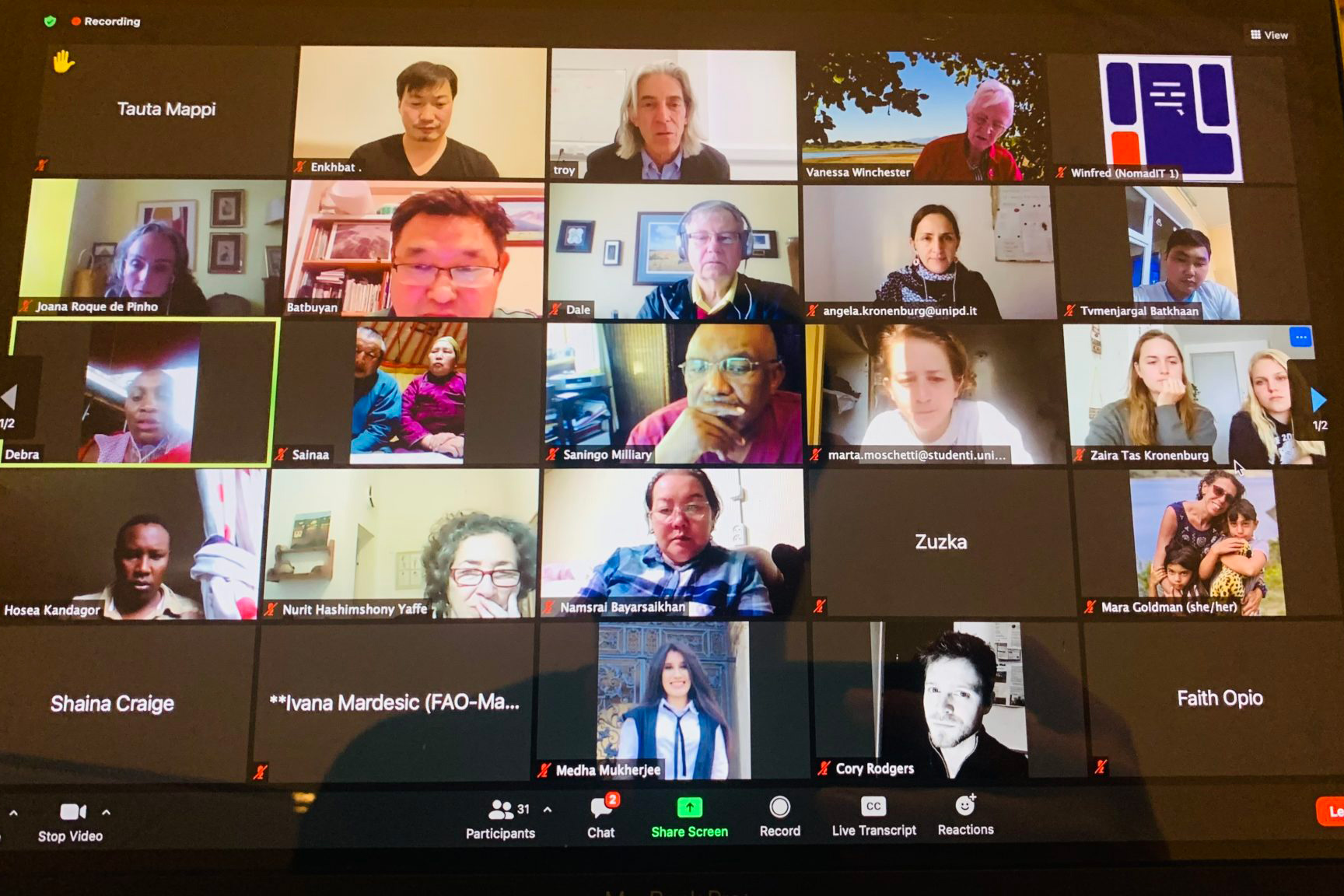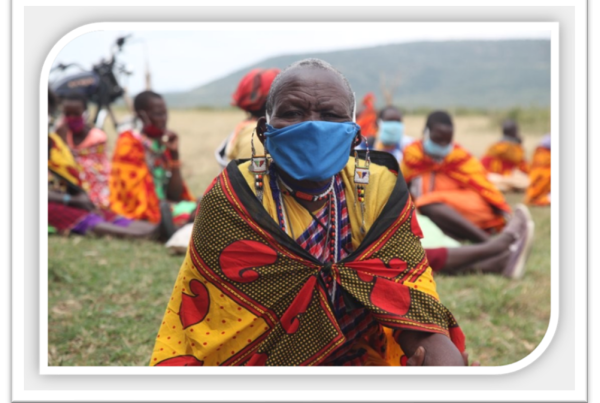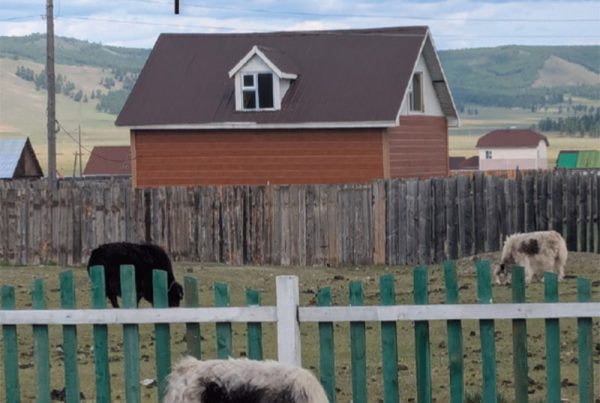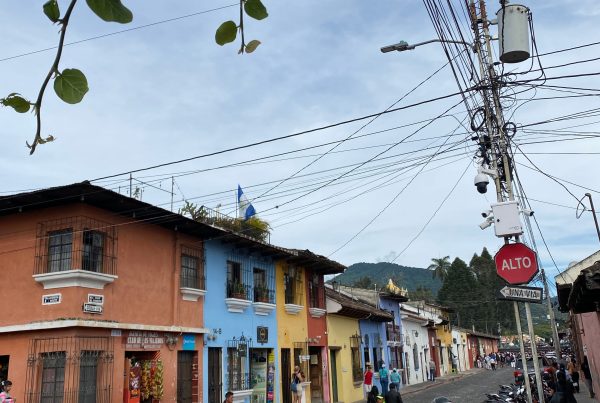Featuring pastoralists from Kenya, Kyrgyzstan, Mongolia & Tanzania
International Virtual Forum April 19, 2021
By Troy Sternberg, Joana Roque de Pinho, Angela Kronenburg
Pastoralists from Asia and Africa led a unique international discussion on April 19, 2021. This inspiring event brought together pastoralists from Kyrgyzstan, Kenya, Mongolia and Tanzania to talk about their lives, herding and the impact of the Covid-19 pandemic. The ‘Covid-19 and Pastoralists – International Virtual Forum’ was the first effort to foster pastoral debate and engagement across continents.
Organised by the University of Oxford School of Geography1 and the CONVERGE ‘Covid-19 in Drylands’ Working Group1, the 2.5 hour forum brought together global pastoralists for their first discussion and exchange. Pastoralists participated in the Zoom event by mobile phones and computers from gers (yurts), homes, cars and in town where internet signals were available. The lively discussion raised many interesting points with a Kyrgyz herder commenting ‘we are not different from herders from Africa and Mongolia’.
As a totally new experience we did not know what to expect, especially coordinating participants from different time zones across four continents (Africa, Asia, Europe, North America). The event was focused on Covid-19 impact on pastoralists and government policies put in place to deal with the pandemic. Pastoralists first introduced themselves, their lives and locations. Whilst the Africans spoke English, translators quickly informed the Mongolians and Kyrgyz of what was said and then explained their answers to the Africans. The pastoralists, women and men, jumped right in, explaining with grace where they come from, their conditions and experiences. With time, all got used to the format, initial shyness dissipated and people figured out how best to connect and speak. As it was evening in Mongolia the herders were dressed in traditional ‘del’ outfits whilst the Africans, one dressed in Maasai ceremonial attire, were in the midst of daily activity. That they all took time from their day to engage and discuss their lives to pastoralists and interested observers was impressive.
Pastoralists started talking about the challenges Covid-19 presented. These included impacts on work and livelihoods, children’s education, restrictions on movement and travel and the need for government support so the countryside was not forgotten. The Kenyans and Tanzanians stressed how the loss of tourism severely affected their income; the Kyrgyz and Mongolians spoke about the difficulty selling products (meat, milk, cashmere). All agreed that with schools closed their children’s education was suffering and that food prices were increasing. Regular medical check-ups had been cancelled. There were comments about a lack of Covid-19 information, its spread, and how communities learned about the pandemic. Government restrictions ended cross-border livestock sales (Kenya-Tanzania), closed markets and stopped trade (all); there was ‘nothing good from Covid-19’. The Kyrgyz spoke clearly about how the government needed to better prepare (food, masks, medicine) for a future Covid-19 crisis. Positively, the Africans had learned to not depend on one thing for income (tourism) and to ‘expand our minds’. Mongolians spoke about an increased demand for high quality meat and milk, better prices from urban demand for healthy food and helpful government support payments. Families had more time together as children were home from school, joining in herding work and culture. In places alcohol sales had been restricted (in Mongolia to ‘be healthier’). The Kyrgyz, perhaps speaking for all, ‘loved freedom’ so did not like the restrictions but knew they were necessary. The pandemic positively stressed the value of livestock keeping and the strength of traditional knowledge and practices that could be shared with younger generations.
The best part of the event was the breakout sessions and the last collective 30 minutes when the pastoralists spoke directly with each other, asking questions and commenting on pastoral practices in the different countries. This was a lively discussion and showed herding similarities across continents. The themes were relevant to all and interesting to the audience. The Tanzanians and Kenyans wanted to know if the government was introducing new livestock breeds, the Mongolians talked about how government Covid-19 policies affected them. A Kenyan asked the Mongolians for advice on how to deal with middlemen who ‘make big profit’ though the herders have tended and cared for the animals since they were born. A Kenyan had 50-100 hectares to graze their animals; the Mongolians 3 kilometres. Animal breed and products, the price of sheep and cows, feedlots, quality of grasses, differences in daily litres of milk produced and even working hours were debated. Herders commented that many people did not believe in Covid-19 across the countries.
There was pride in how the pandemic showed the strength of pastoralism and that customary skills were valued. Relying on animal products and traditional medicines enabled herders to avoid cities and Covid-19 outbreaks. The positive messages showed the viability of pastoralism and its strength in minimising risk. The interest and enjoyment of herder-to-herder discussion was inspiring. After millennia of mobile pastoralism, it took the Covid-19 pandemic to bring herders together virtually. Now that the first connections have been made, the herders and audience eagerly await future interaction between global pastoralists.
References
- This event was funded by The Research & Public Policy Partnership Scheme, a partnership between the University of Oxford and the UK Civil Service Policy Profession (2009-RPPPS-553). The theme is from the ‘COVID-19 in African, Asian and North American Drylands’ Working Group, a National Science Foundation-funded Social Science Extreme Events Research Network/CONVERGE facility working group, Natural Hazards Center – University of Colorado Boulder, US (https://converge.colorado.edu/resources/covid-19/working-groups/issues-impacts-recovery/covid-19-in-african-asian-and-north-american-drylands)



